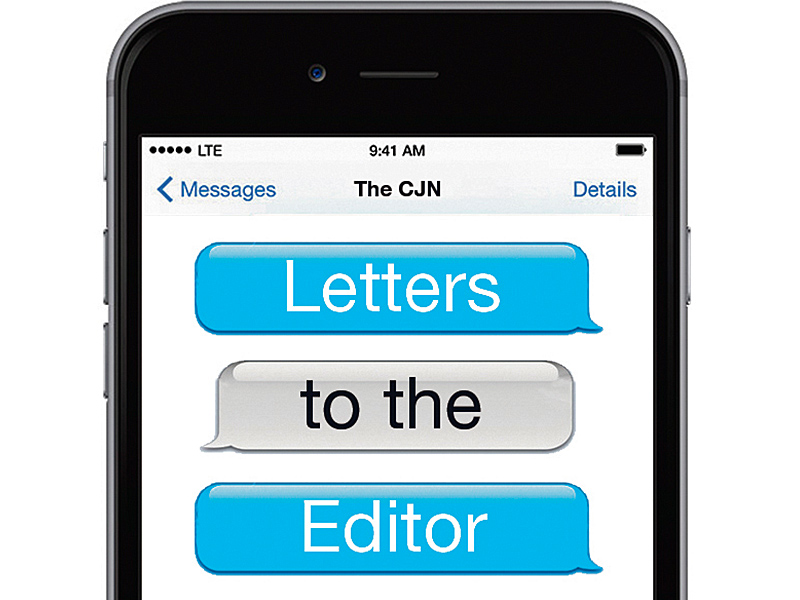Mixed feelings about refugees
I imagine I am not alone in having conflicted feelings.
For ages, many democratic governments have supported tyrants because they were on our side and/or they kept order in their countries. While, in principle, I was pleased that the likes of Moammar Gadhafi and Saddam Hussein were executed for their crimes, among the very few modern tyrants who have received justice, two things are evident. One is that Libya and Iraq are failed states right now, and many of their people have one thing in common: an irrational hatred of Israel, if not Jews.
So, with the exception of Iraqi Kurds, it is hard to have sympathy for the population of many of these countries.
That brings us to Syria, where President Bashar Assad, along with his father, has killed more Muslims than Jews have since the beginning of time. His opponents in the uncivil civil war include Al Qaeda and ISIS, among the savage Islamist groups who also despise Israel and Jews. Again, there are no good guys here, except maybe the Kurds, who are far more worthy of statehood and justice than the Palestinians, but are ignored by the world.
Now Europe is being flooded by refugees from failed states. Yet in Canada, we hear only about helping the Syrians, who must certainly include Jew-haters (I prefer this accurate term to the “anti-Semitic” euphemism).
My synagogue, Temple Emanu-El-Beth Sholom in Montreal, will sponsor a Syrian family. I mildly approve, but I am conflicted. But I believe the best attitude was revealed in The CJN story “Mindful of risks, Europe’s Jews urge aid to refugees” (Sept. 17). In it, Rabbi Zoltan Radnoti of Hungary stated that he actively helps the refugees, knowing that he may be aiding people who may hurt other Jews in Europe, or who may have fired on Israeli soldiers or would have done so in a heartbeat.
Then he states the key to it all. “I know. But I am duty-bound to help.”
God bless him! He is both an inspiration and a better Jew than I.
Ken Frankel
Montreal
Niqab hinders communication
I couldn’t disagree more with Danielle Kubes (“When it comes to the niqab debate, where are the Jews?” Oct. 8). The niqab uniquely hides all messages related to emotion, mental well-being, personality and mood.
It’s not fear that drives our resistance and mistrust of the niqab, it’s millions of years of evolution. Neither turbans nor kippot nor wigs worn by some married Jewish women cover that essential and unique form of communication which is the human face.
Elan Beer
Thornhill, Ont.
Catholic-Jewish friendships
It was with great pleasure that I read Rev. Damian MacPherson’s guest column on the impending 50th anniversary of Nostra Aetate (“Jews and Catholics: a pilgrimage to partnership,” Oct. 8).
The changes wrought by Nostra Aetate constitute, to borrow a portion of the title of Gilbert Rosenthal’s excellent book, a truly Copernican Revolution. I have personally witnessed some of these changes.
I have a powerfully strong recollection of how, at the age of eight or nine, my best friend showed me his workbook in which he and others in his class at the local Catholic school were taught that the Jews killed Jesus. It didn’t have much effect on either one of us, but it was a rough neighbourhood, and being labelled as a Christ-killer didn’t help. Getting beaten up on the way home from school was already a regular occurrence.
This sort of Catholic-on-Jewish bullying simply doesn’t happen anymore. Or if it does, it elicits a strong response from both communities. In the space of 50 years, well within my lifetime, we’ve gone from systemic anti-Semitism within the Roman Catholic Church to greater understanding and friendship. Of course, no relationship is without its bumps, but look how far we have come.
Majestic documents such as Nostra Aetate have acted as fundamental game-changers in Catholic-Jewish relations and it is from within this relatively new tradition that successive popes have built and broadened the bridge between our two communities. Such changes leave me, without minimizing present challenges and difficulties, hopeful for the future of our relationship with other communities as well.
Len Rudner
Toronto
